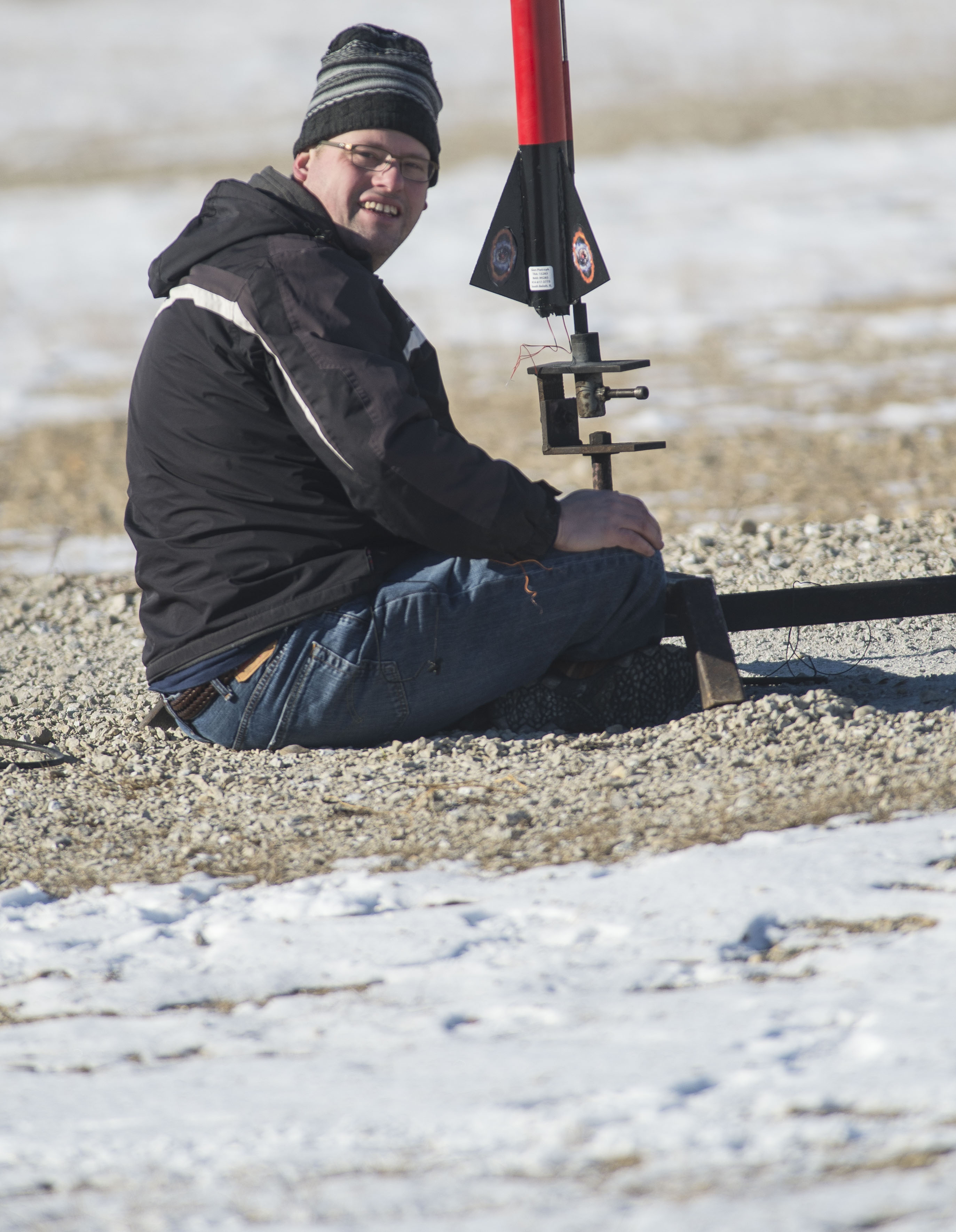Hugues
Member
- Joined
- Aug 28, 2018
- Messages
- 12
- Reaction score
- 0
Hi everyone. I am curious about winter launches. Here in Quebec, Canada we have a lot of frozen lakes offering great recovery space but the temperature could also drop to -15 celcius (5 fahrenheit).
Other than cold fingers and possible electronic/battery issues, what are in your opinion the biggest challenges for those launches ?
Also, I am no engineer, but will there be significant results discrepancy in term of flight speed and altitude ( better or worst ). The air must be different. How does it affect aerodynamics ?
Let us know your toughts on this.
Thank you
Other than cold fingers and possible electronic/battery issues, what are in your opinion the biggest challenges for those launches ?
Also, I am no engineer, but will there be significant results discrepancy in term of flight speed and altitude ( better or worst ). The air must be different. How does it affect aerodynamics ?
Let us know your toughts on this.
Thank you




